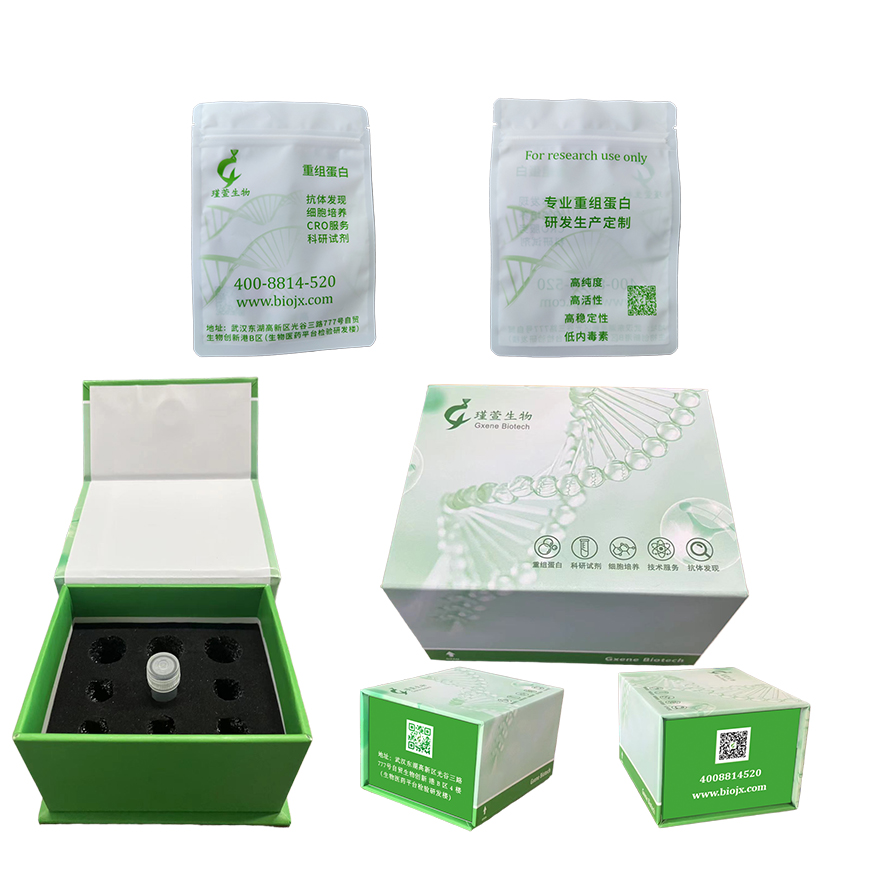Measured by its binding ability in a functional ELISA. When Recombinant Human Siglec‑11 Fc Chimera is immobilized at 2 µg/mL (100 µL/well), it binds Biotinylated Recombinant Human Siglec‑15 Fc Chimera Avi-tag protein with an ED50 of 0.7- 4.2 μg/mL.
种属
2. Measured by its ability to cleave the fluorogenic peptide substrate Mca-PLGL-Dpa-AR-NH2.The specific activity is >1100 pmol/min/μg.
After reconstitution, the protein solution is stable at -20 °C for 3 months, at 2-8 °C for up to 1 week.未开盖的干粉蛋白在 -20°C至-80°C可保存12个月;
复溶之后,蛋白溶液在-20°C及以下可保存3个月,在2-8℃可保存1周。
背景信息
Proteins of the matrix metalloproteinase (MMP) family are involved in the breakdown of extracellular matrix in normal physiological processes, such as embryonic development, reproduction, and tissue remodeling, as well as in disease processes, such as arthritis and metastasis. Most MMP's are secreted as inactive proproteins which are activated when cleaved by extracellular proteinases. The enzyme encoded by this gene degrades type IV and V collagens. Studies in rhesus monkeys suggest that the enzyme is involved in IL-8-induced mobilization of hematopoietic progenitor cells from bone marrow, and murine studies suggest a role in tumor-associated tissue remodeling.

